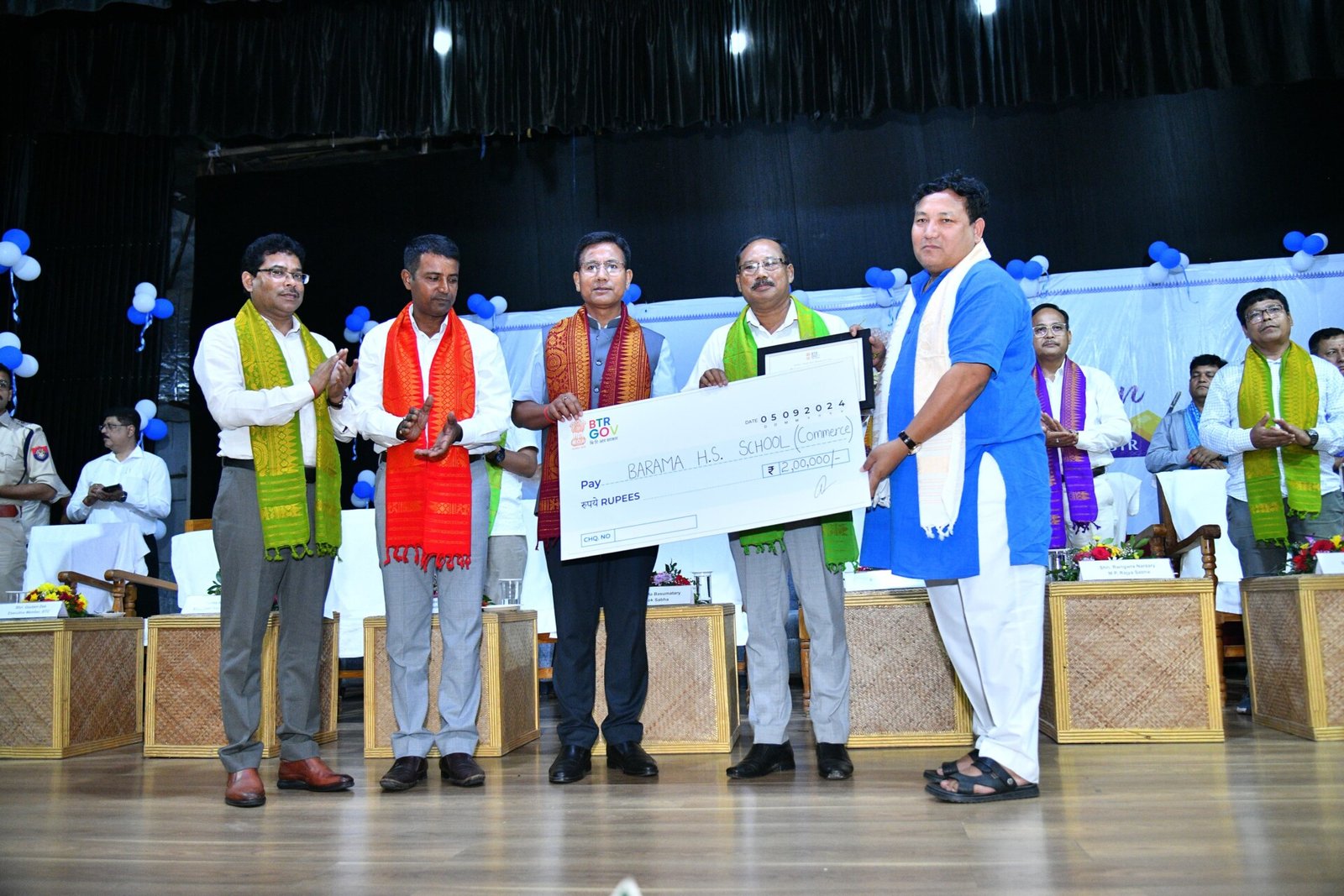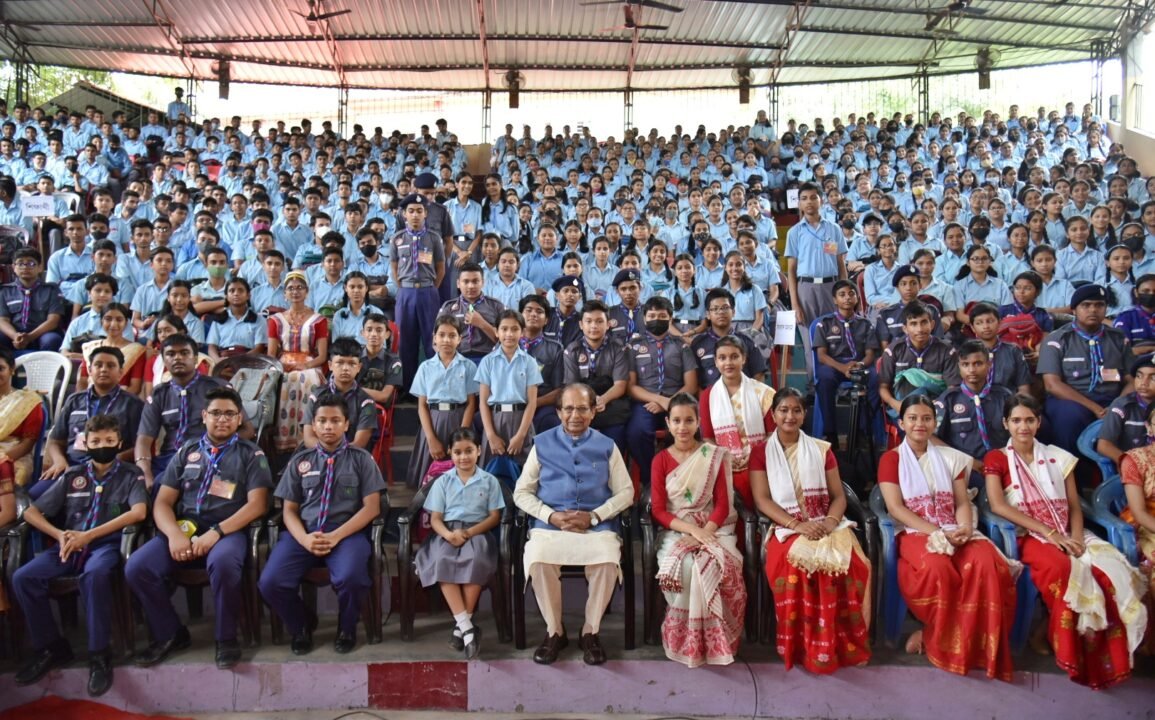HT DIGITAL
GUWAHATI, JULY 2: The government of Assam is weighing the option to revert to the January–December school year calendar due to the ongoing disruptions from floods, hot summer months, and major cultural events in the ongoing April–March session. The interruptions, officials claim, are adversely affecting the scholastic progress of children throughout the state.
The April–March academic year was implemented in 2021 following the Covid-19 pandemic, largely in an effort to synchronize school time with national-level entrance tests and college enrollment. But since the transition, the model has attracted criticism from teachers, student bodies, and parents alike, many of whom claim that the model disregards Assam’s distinctive socio-climatic circumstances.
To study the feasibility of going back to the old calendar, the state education department has constituted a three-member committee of senior officials: Additional Secretary Krishna Baruah, Secondary Education Director Mamata Hojai, and Elementary Education Director Suranjana Senapati. The committee will seek the opinion of 10 education experts and hold discussions with student unions, teachers’ associations, and other stakeholders before making a recommendation.
A senior education official noted, “The committee will identify 10 education experts for consultation. We’ll also involve student unions, teacher associations, and other relevant groups before any final decision is taken.”
Most teachers contend that the existing school infrastructure does not provide sufficient space for proper learning. The very important first quarter of the year, between April and June, typically clashes with important interruptions like the Bihu festival, Eid, flooding every year, and scorching heat—all of which diminish student attendance and academic performance.
Ratul Chandra Goswami, Assam State Primary Teachers’ Association General Secretary, spoke of serious worries regarding the academic effect of the schedule. “Students are being tested before they have even been able to fully get involved with the syllabus. The academic schedule has conflicted with important seasonal and cultural events, with little space for good teaching,” he added. Goswami also pointed out that learning loss over the winter session, especially in rural regions with basic infrastructure deficits, further exacerbates the issue.
The All Assam Students’ Union (AASU) renewed its long-held opposition to the April–March model. “We opposed the change from the start. The January–December session is better adapted to our socio-economic situation. It takes note of the harvesting season, floods, and festivals which are an all-pervasive part of Assam life,” said AASU Education Secretary Tutumoni Kalita.
Before the 2021 change, Assam schools followed a January-December calendar, with board examinations for Classes 10 and 12 usually held in February-March, just like in most national boards, including CBSE.












